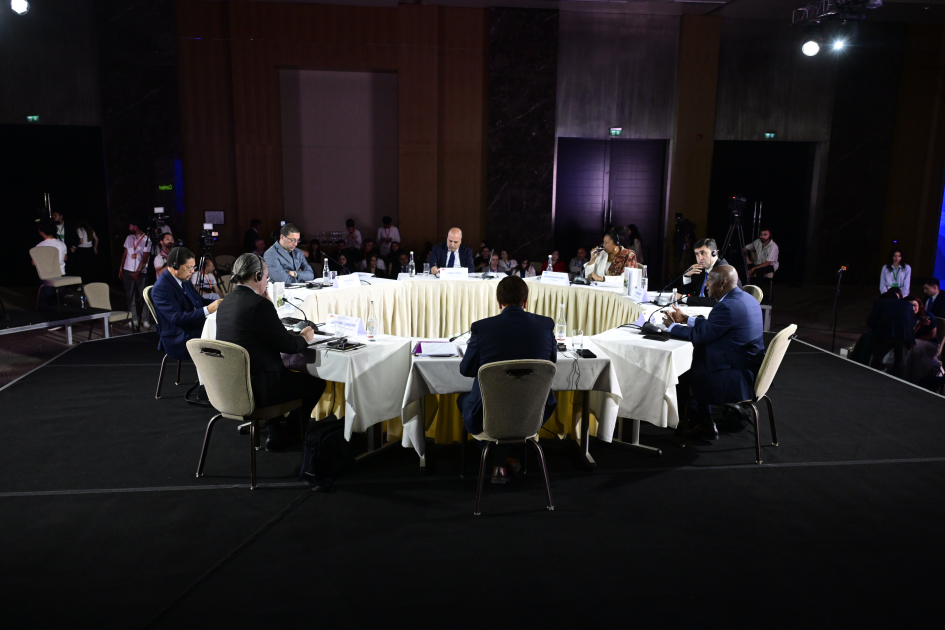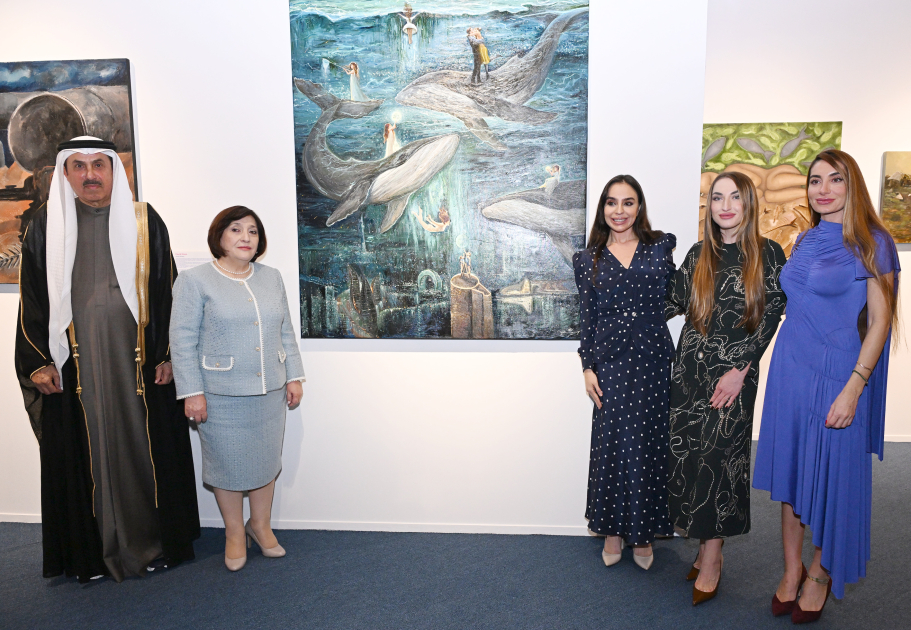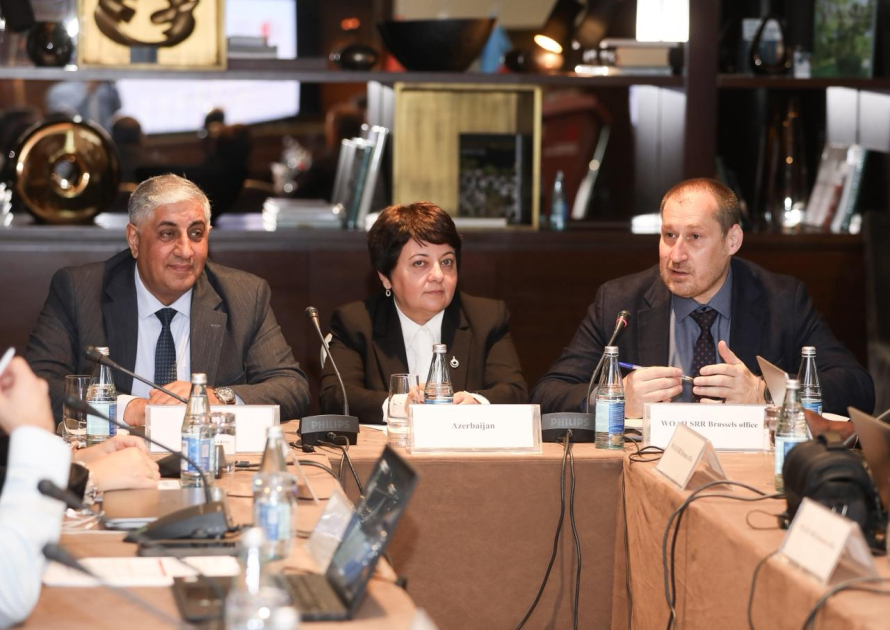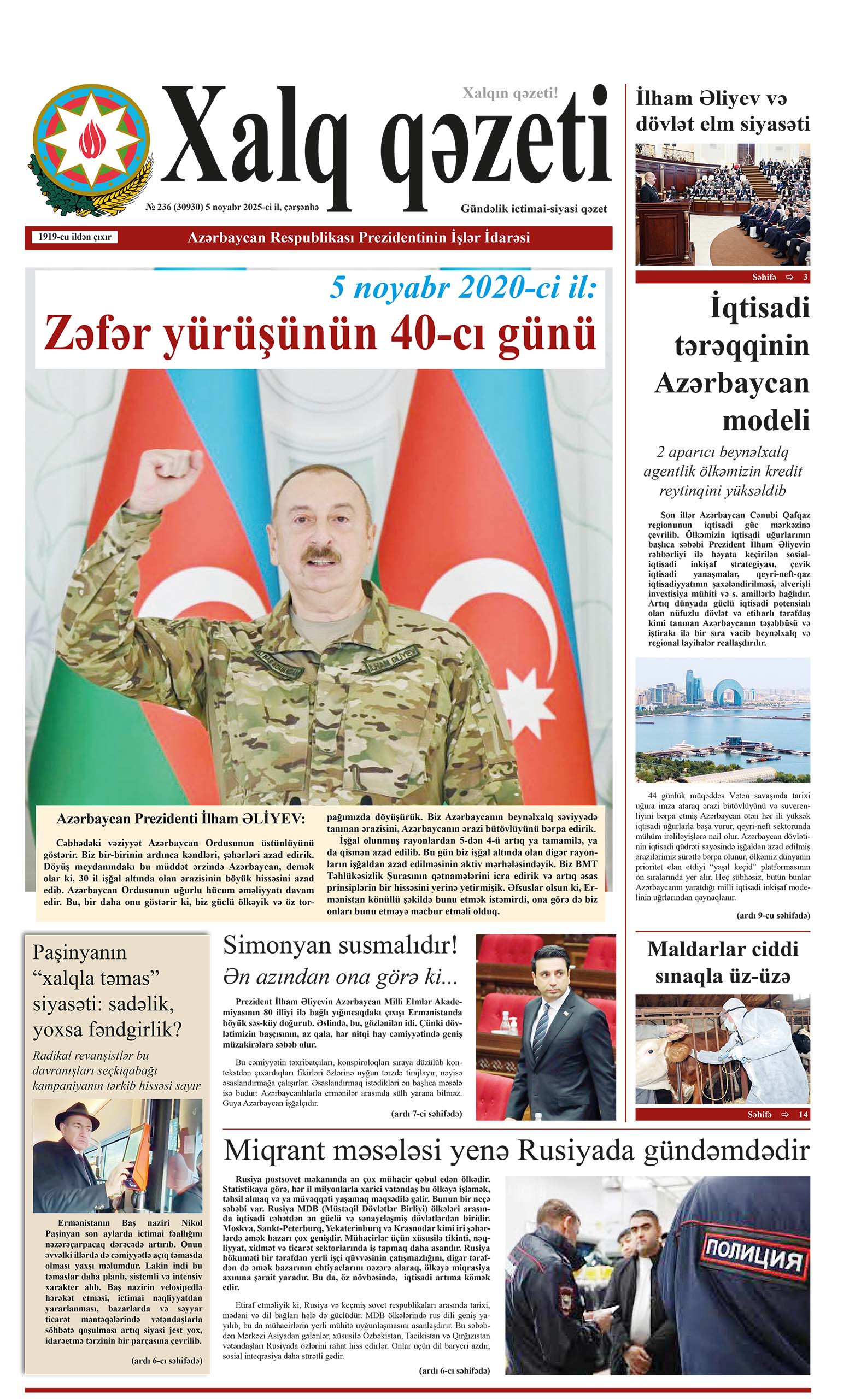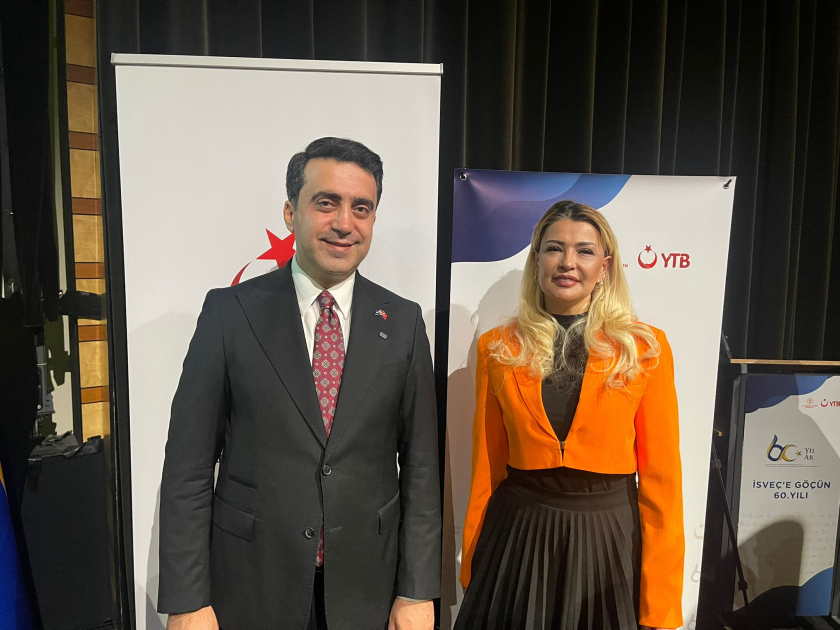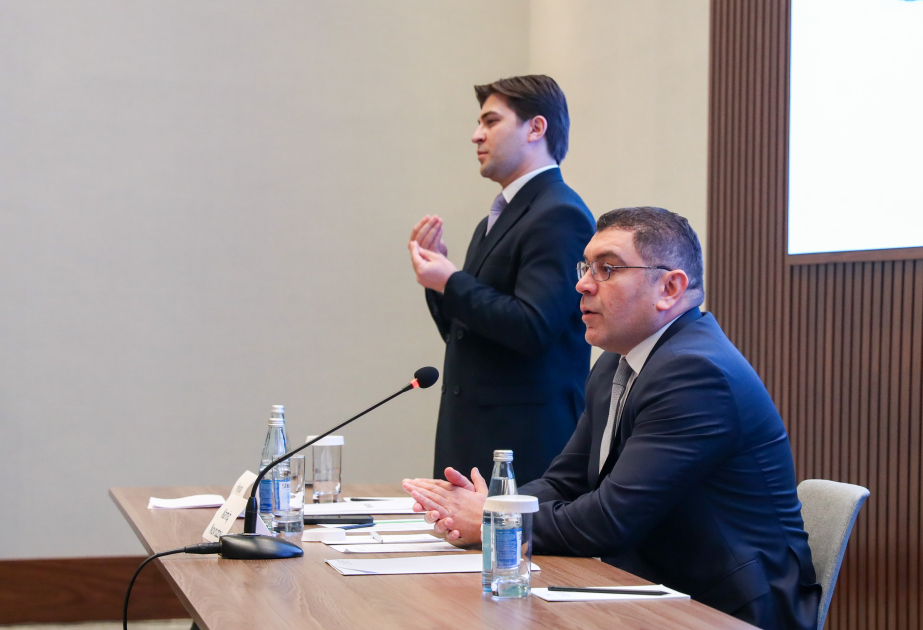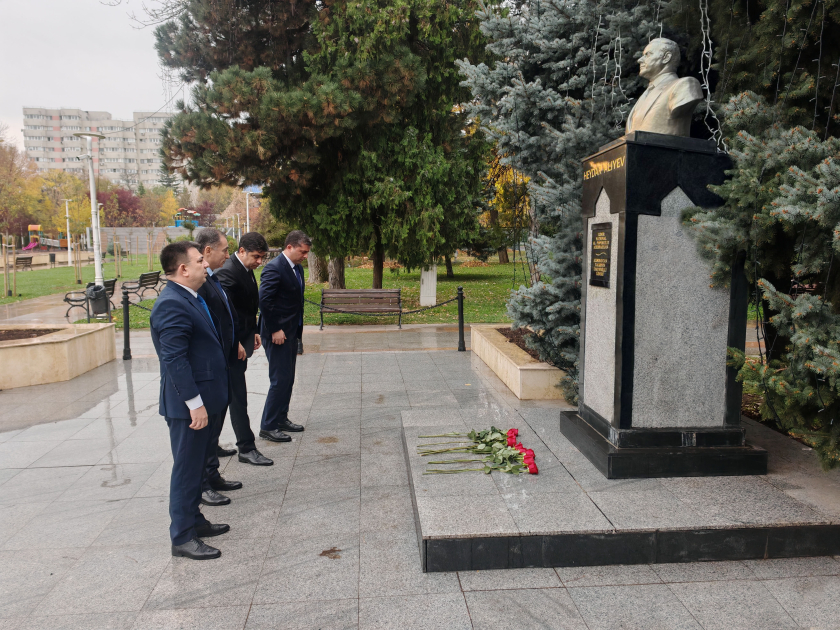The first day of the international scientific conference entitled "Constructing Empires: Colonial Ideologies and Realities" concluded in Baku on Tuesday.
Organized by the Baku Initiative Group, the event marked the first international conference of scientists operating in the field of decolonization within various UN agencies, as well as those specializing in this area.
Addressing the event, Abbas Abbasov, Executive Director of the Baku Initiative Group (BIG), said that since its inception, the organization, operating in the field of decolonization within various UN agencies, has become a global platform for promoting economic initiatives worldwide and a source of hope for people suffering from climate change.
Abbasov noted that although the world has made significant progress in acknowledging the injustices of colonialism, it would be a mistake to assume that colonialism is entirely relegated to the past.
“The first international scientific conference in Baku seeks to foster a deeper understanding of the formation, institutionalization, and justification of colonial ideologies, as well as their continued influence on contemporary global dynamics. Our mission is to uphold and strengthen the intellectual and ethical foundations necessary for a world that fully respects the rights of all peoples to self-determination, equality, and cultural autonomy,” he added.
Noting that he had witnessed various manifestations of colonialism in some world regions, the BIG Executive Director emphasized that attempts were being made to perpetuate them secretly through various means — political, economic, financial, cultural, and legislative structures. In this context, to support decolonization efforts, the BIG has organized conferences dedicated to Guadeloupe, Mayotte, Kanaki (New Caledonia), French Guiana, Réunion, Corsica, Martinique, Mā'ohi Nui (French Polynesia), and other territories suffering from colonization over the last two years.
Stressing that all modern manifestations of colonialism must be addressed through international legal mechanisms, raising public awareness, and multilateral cooperation, Abbas Abbasov emphasized that the continuation of colonialism contradicts the UN Charter, the Universal Declaration of Human Rights, and numerous other UN General Assembly resolutions.
The conference featured panel sessions on ‘Ideological Foundations of Colonialism’ and ‘Resistance and Decolonization.’
The key speakers described colonialism not only as a means of political and economic oppression, but also as a system of governance justified and maintained on ideological grounds. They emphasized that colonial policies implemented by empires throughout history were frequently justified by claims of racial superiority, the need to spread civilization, and the promise of modernization.
The speakers underscored the importance of exposing the ideological foundations of colonialism and discussing the consequences of this policy with the international community in the modern era. “International conferences held by the Baku Initiative Group also contribute to the formation of a global dialogue in this direction,” it was stated.
The scientific conference was attended by experienced UN experts in decolonization, renowned scholars working in France’s former and current colonies, renowned specialists in international law, ambassadors of foreign countries accredited to Azerbaijan, and MPs.
The event engaged in a comprehensive and thorough examination of the serious consequences of colonialism, the policies implemented by colonial states towards the peoples they enslaved, enforced racial hierarchies, as well as the political, economic, and cultural restrictions applied as part of neocolonialism, and the policy of deliberate loss of national identity based on scientific and methodological approaches.
The conference discussed issues related to preventing colonial powers from completing the process of decolonization, which is a requirement of international law and UN resolutions. In this context, it examined the use of existing opportunities within international organizations, the introduction of effective mechanisms, as well as ways to address systemic inequalities at the level of international organizations.
The conference continued with a Q&A session.


